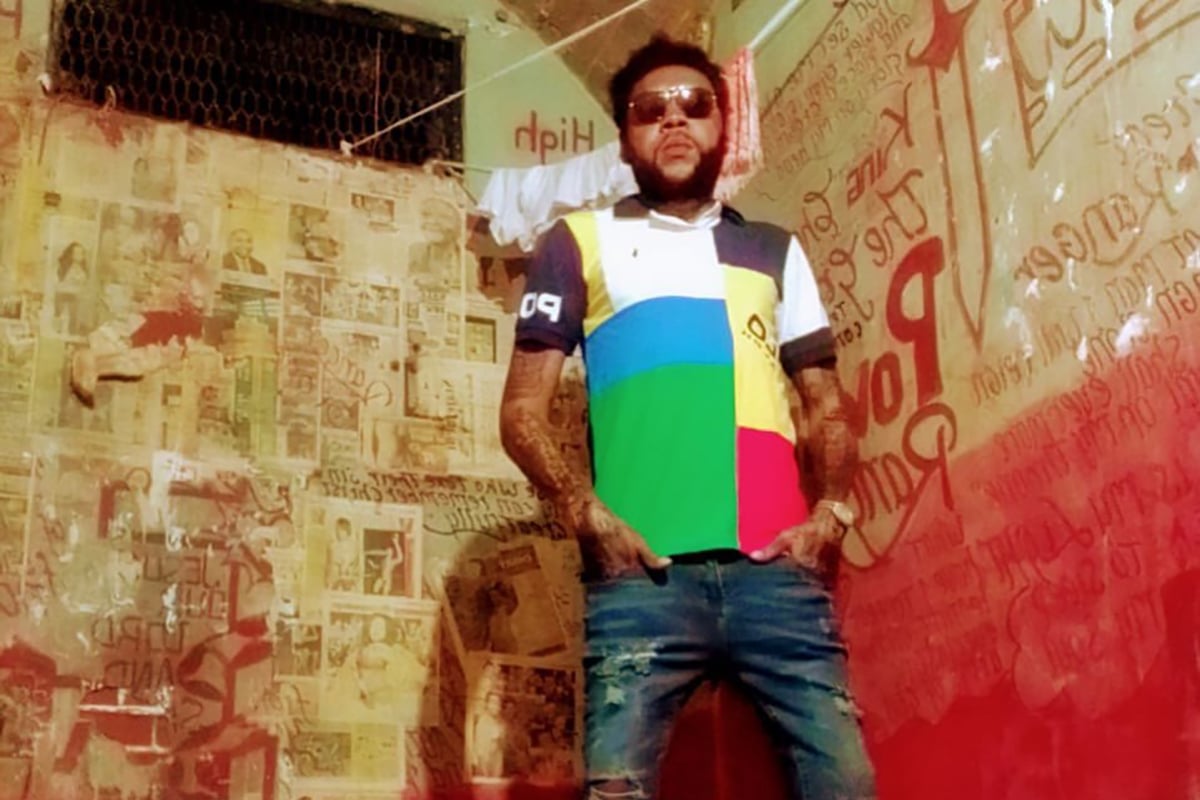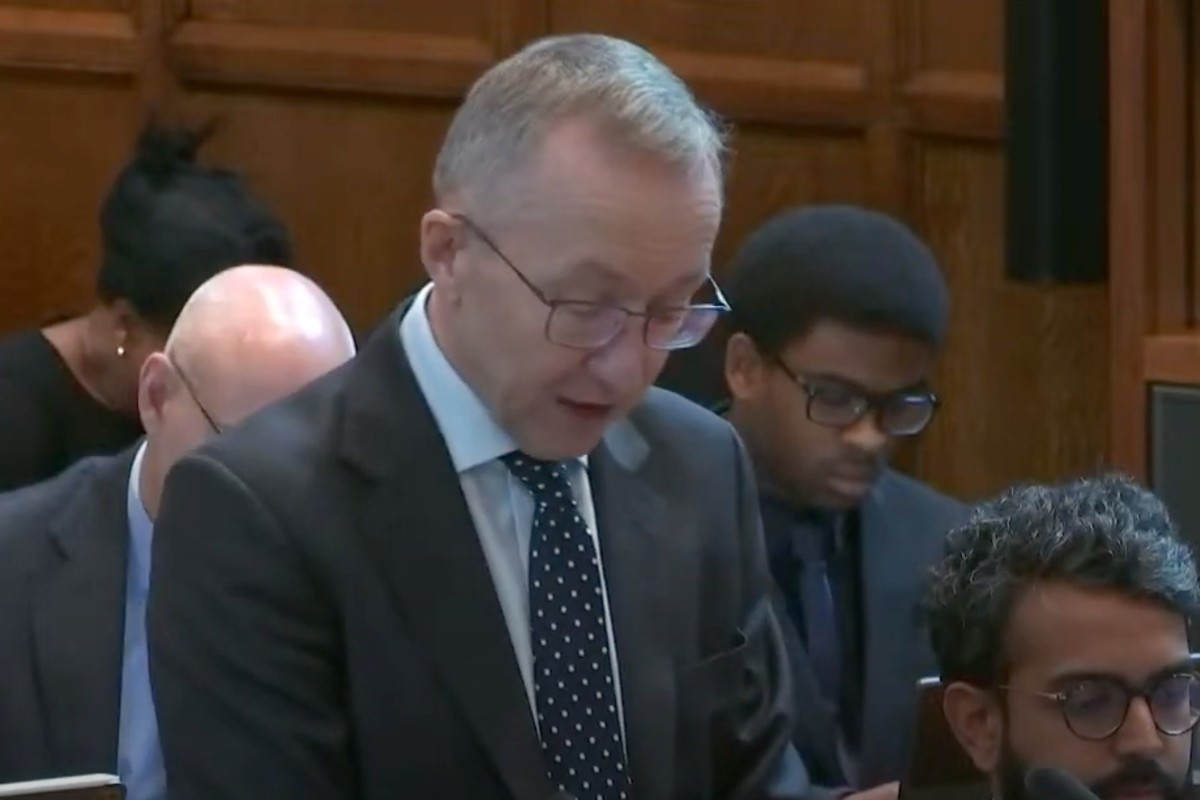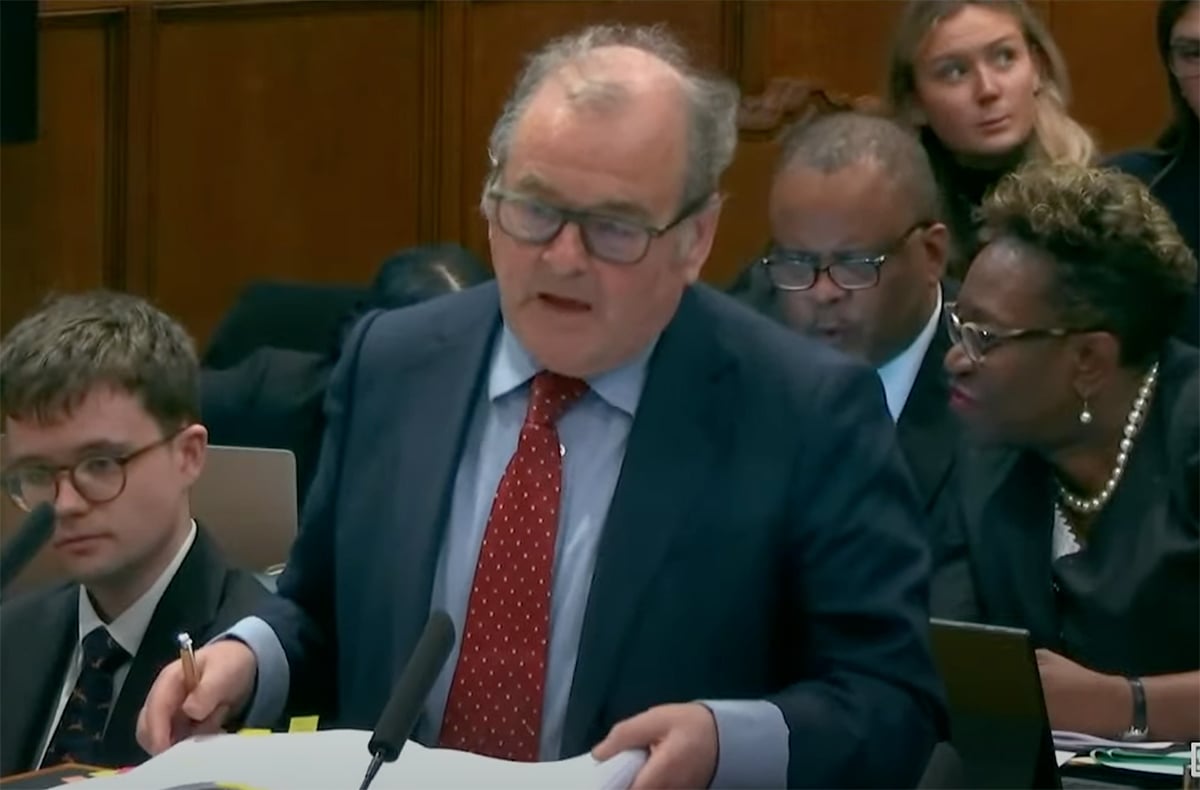A Fair Retrial For Vybz Kartel Now Impossible, Says Attorney In Privy Council Appeal

Hugh Southey, an attorney representing Vybz Kartel and his three co-appellants at the UK’s Judicial Committee of the Privy Council, has argued that even if their appeal is successful and a retrial ordered, a fair trial would now be impossible.
During the second of a two-day hearing of the four men’s final appeal on Thursday, Southey spoke to the potential difficulties of a retrial in light of matters such as the high-profile nature of the trial, perhaps triggered by Kartel’s notoriety in Jamaica’s music scene.
“Those difficulties have not diminished, they have become greater because of passage of time. This is something that is now high profile. In our submission, that submission supports our argument that there is no point remitting this…because a fair trial is now very difficult, impossible, we would submit,” Southey said.
Yesterday, Isat Buchanan, another attorney for Kartel’s side, had argued that the conviction of the four men should be quashed. “There is no cure, no proviso, or no thought of a retrial or a second bite of the apple where the unfair trial right was breached in manner that it did,” he had said.
In March 2014, Kartel, whose given name is Adidja Palmer, Shawn ‘Shawn Storm’ Campbell, Kahira Jones and Andre ‘Mad Suss’ St John were convicted of the murder of Clive ‘Lizard’ Williams in the Kingston Home Circuit Court. Lizard’s body was never found.
The conviction hinged on cell phone evidence, including a text message from Kartel’s phone stating the victim had been ”chopped up fine fine,” and the sole eyewitness, Lamar “Wee” Chow, who testified that Lizard was murdered at Kartel’s home in Havendale, St Andrew, after he and the deceased were summoned there over missing, unlicensed guns.
After the Jamaica Court Of Appeals largely upheld their conviction in 2020, the four men moved to the Privy Council, Jamaica’s highest court. They have alleged that the crucial cell phone evidence was improperly obtained and that the trial jury was tainted and compromised by attempted bribery and, later, “pressure” from the judge to reach a verdict.
On Thursday, questions of the jury tampering again dominated the morning session.
Juror Livingston Caine — who, in late 2022, was found guilty of attempting to pervert the course of justice by offering a JMD$500,000 bribe to the jury forewoman to influence other jurors to return a not-guilty verdict in Kartel’s case — was allowed to remain on the jury panel after the allegations were made in 2014.
Jamaica’s Jury Act requires at least 11 jurors for a properly constituted jury in murder trials, so discharging Caine would have meant that the trial could not continue, as a female juror had been discharged earlier. That female juror was allowed to leave the trial after she expressed fear for her son, who was, at the time, incarcerated in the same prison as the defendants.
King’s Counsel Peter Knox, who appeared on behalf of the prosecution, argued that if the jury tampering attempt had been allowed to derail the trial, then the “whole legal system and jury system could be brought into disrepute.”
He doubled down on his assertions that the judge acted properly by not discharging the juror because it would not have been apt to carry out an investigation of the tainted juror at that time. He said that the judge was confident that “none of the ten jurors had taken a bribe” and further asserted that jurors are bound to carry out a public duty.
Knox submitted that the judge’s actions were not capricious in the exercise of his discretion and therefore, fair in not dismissing the tainted juror. “The judge is caught between two evil solutions,” he noted.
“..but as long as the prosecution is acting responsibly, and as long as the judge is acting responsibly, and reasonably, and rationally in making these decision, as long as they are satisfied that there can be a fair verdict, the less of two evils is to go ahead and get that verdict rather than say ‘trial off, no verdict’,” he continued.
He argued that the judge’s actions and instructions minimized bias, making it essential to consider the overall conduct and outcome of the trial, including the acquittal of the fifth accused, Shane Williams, and the overwhelming evidence against the other four men. Knox championed the jury’s ability to discern the guilt of different defendants, which, he said, demonstrated their capability to judge fairly based on facts despite the bribery attempt.
However, in the afternoon session, Southey challenged the prosecution’s assertion that there was no risk that the jury was infected by bias.
“Conscious bias is a very real problem here,” he said.
“Even if a jury says to themselves, I understand that this looks pretty bad, that there a bribe was offered to us, but I understand what the judge has said, i need to put that out of my mind, that is very difficult, as matter of human nature, to stop yourself being influence by that, that is how unconscious bias works,” he explained.
The Privy Council, which assigned a panel of five justices — Lord Reed, Lord Lloyd-Jones, Lord Briggs, Lord Burrows, and Lady Simler — to hear arguments in the case, has now adjourned to consider its decision on the validity of cellphone evidence, whether the attempted bribery compromised the trial, and whether the judge handled jury deliberations properly.
Immediately after an appeal hearing, the judges retreat to deliberate, each sharing their initial thoughts, starting with the most junior to prevent influence by seniority, according to the Privy Council website.
They aim for a majority decision, not necessarily unanimity. One judge drafts the primary judgment, reflecting the majority’s view, while others may write concurring or dissenting opinions. The judgment is publicly announced on a scheduled date, typically 12 weeks after the hearing.
Kartel, 48, has been in jail since September 2011. He must serve 32 years and six months before parole eligibility.


